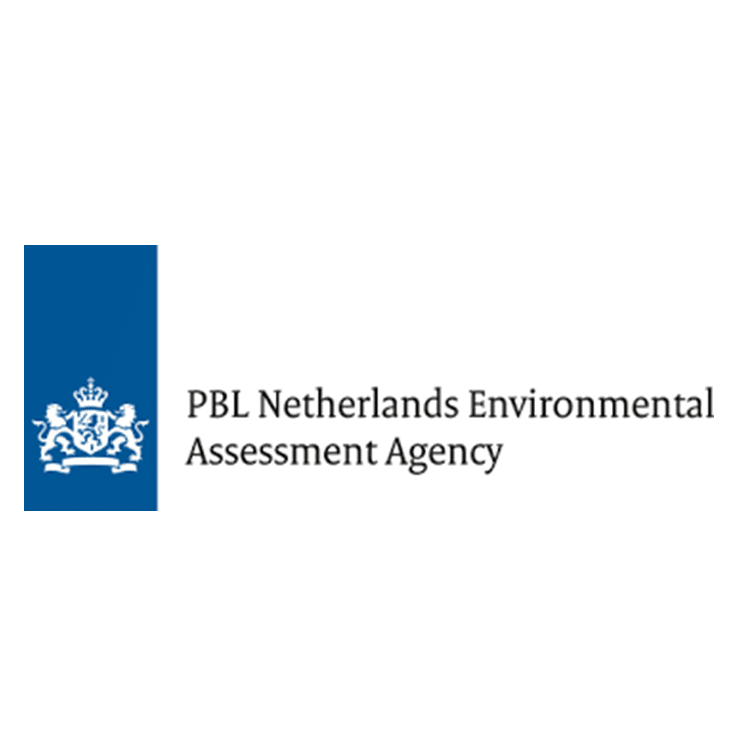Each year, semi-plenary sessions are organized by the conference host and co-hosts to present cutting edge research on earth system governance.
This year, the semi-plenary sessions will also focus on the conference theme ‘Bridging Sciences and Societies for Sustainability Transformations’, which aims to further increase and foster interdisciplinary and transdisciplinary work among the research network, community of scholarship, and society at large. The sixth steam’s emphasis on transdisciplinarity particularly aims to bridge the gap between academic research and decision-making and to ensure that research can be made more relevant at various levels.
Programme
During the main conference, two semi-plenary sessions will run simultaneously each day.
24 October 2023
Title: Bridging the gap: Science-policy dialogue on water as a catalyst for sustainable development and climate action
Organized by: German Institute of Development and Sustainability – IDOS
The Radboud Conference will feature a science-policy dialogue, organised by IDOS (German Institute of Development and Sustainability), that revolves around the outcomes of the UN Water Conference, prospective narrative water as a “bridge builder” at the nexus of SDGs and climate policy.
In March 2023, the first global UN Conference on Water took place since 1977. It served as a mid-term review of the UN Water Action Decade (2018-2028), which aims at sustainable development and integrated management of water resources as a “dealmaker” for the achievement of the 2030 Agenda. The UN Water Conference included a Water Action Agenda with numerous commitments from a variety of stakeholders. The conference took place at a point in time where water governance at global level was highly fragmented, lacked coherence and coordination, featured diverse fora and initiatives with varying ownership and lacking governmental legitimacy, and was characterised by a hotly debated role of the private sector, inadequate inclusion of civil society and a weak science-policy interface. The water crisis mostly manifests itself at local and transboundary levels, but the impact of global phenomena such as climate change and the key role water resources play as a global commons through teleconnections in water uses and in stabilising the earth system require coordinated and holistic approaches at the global level.
This science-policy roundtable will start with inputs on the current state of global water governance and the main outcomes of the UN Water Conference. On this basis, practitioners and scientists from global North and global South will evaluate the outcomes of the conference: did it succeed in advancing the governance of water as a global common good? Did it improve the integrated achievement of water-related SDGs and coordination with related UN institutions such as the UNFCCC, UNCCD, UNDRR and CBD? The panel will also reflect on the causes and consequences of policy incoherence and related reform needs, including to adequately integrate different water users.
Background: The UN Water conference – time to govern water as a global commons! (idos-research.de) by Ines Dombrowsky and Annabelle Houdret (IDOS)
Speakers:
- Johannes Cullmann, UN-Water Vice Chair and Scientific Advisor to the President of the UN General Assembly, World Meteorological Organisation
- Yunia Musaazi,Executive Director, Uganda Water and Sanitation NGO Network (UWASNET) & Water Integrity Network;
- Robert Varady, Professor of Environmental Policy, Udall Center for Studies in Public Policy, University of Arizona;
- Aditi Mukherji, Director, Climate Adaptation and Mitigation Impact Area Platform, International Water Management Institute (IWMI);
- Ines Dombrowsky, Head, Environmental Governance and Transformation to Sustainability research programme, German Institute of Development and Sustainability (IDOS);
Moderator:
- Annabelle Houdret, German Institute of Development and Sustainability (IDOS), speaker of the BonnWaterNetwork
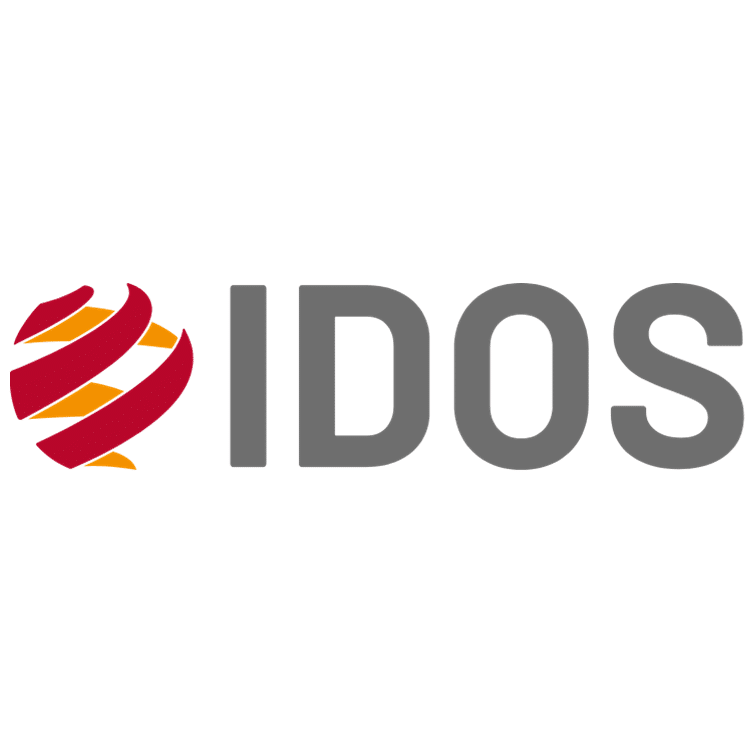
Title: European Union’s Regulation on Deforestation-free Supply Chains: Green Protectionism or Paving Way for Global Decarbonization Pathways
Organized by: Institute for Environment and Sustainability (IES) – National University of Singapore
For over three decades the Europe Union and its member states have helped develop, promote, and in some cases, administer a range of global policy interventions for reducing tropical deforestation. From promoting eco-labelling initiatives such as the Forest Stewardship Council (FSC), to participating in establishing criteria and indicators for sustainable management following the Rio Earth Summit, to subsequent efforts on forest legality compliance, the EU has played a key role in global efforts to develop sophisticated market mechanisms to help maintain, conserve, and restore, tropical forest ecosystems.
The purpose of the semi-plenary and dialogue is to stimulate thinking and generate knowledge about potential challenges and opportunities in the EU’s latest attempt: focusing on fostering “deforestation free” supply chains known as the “European Union’s no deforestation regulation”. This effort is narrower, and in many ways bolder, than the EU’s emphasis on “voluntary partnership agreements” (VPAs) as a means to foster and reinforce domestic forest sustainability initiatives.
What do we make of this latest effort by the EU? Will it become yet another policy tool marked by the cycle of “policy creation euphoria, implementation depression” often experienced in global environmental governance? Or, will it be seen as a form of “green protectionism” that, as highlighted by EU-US debates over domestic green subsidies, has spurred a range of cross border adjustment mechanisms targeting production and responsibilities beyond national and regional borders? Or, will it be designed to help foster and accelerate what is now a flurry of decarbonization efforts taking place at multiple scales and levels?
IES is organizing a semi-plenary and a close door policy dialogue, to bring together ESG network scholars and EU based policy practitioners to explore these questions and to generate insights about how to engage in, and consider policy calibration and settings in the EU context that might enhance, rather than detract from, just transitions and tropical forest conservation.
Moderator:
- Prof. Benjamin Cashore, (Institute for Environment and Sustainability (IES), Lee Kuan Yew School of Public Policy – National University of Singapore)
Speakers:
- Prof. Metodi Sotirov (University of Freiburg) will discuss the implications of EU’s deforestation regulation policy changes on the demand-supply dynamics in Europe (EU and UK), non-European consumer regions (USA, Australia, and China) and other tropical trade partners specifically Indonesia, drawing on his ongoing research in this direction.
- Prof. Constance L. McDermott (University of Oxford), will examine the framing and design of EU’s deforestation regulation policy and its implications (challenges & opportunities) on supply-side countries based on her ongoing research in Ghana.
- Prof. Georg Winkel (Wageningen University), will explore the impacts of EU deforestation regulation policy on timber supplying countries- opportunities and challenges for governance restructuring and inclusive socio-economic development.
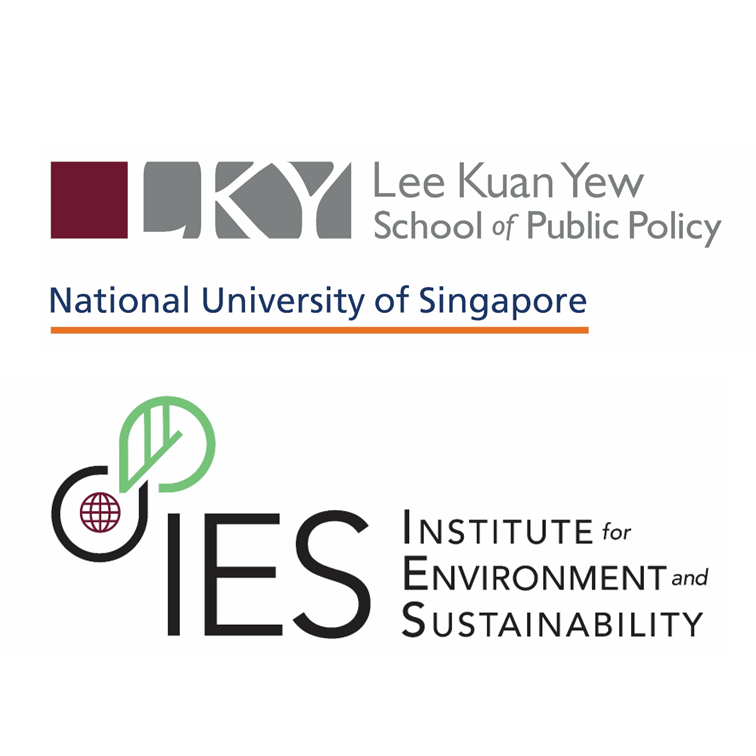
25 October 2023
Title: Fostering emancipation and courage to shape sustainability transformations in Earth System Governance
Organized by: The Radboud Centre for Sustainability Challenges, Radboud University
This semi-plenary delves into the imperatives of emancipation and courage for realizing sustainability transformations. Building on the opening plenary which underscores the profound depth and magnitude of required sustainability transformations, we recognize the need for integrating values into governance, including eco- and biocentric values as well as the need to reconfigure economies towards just and equitable relationships. Realizing such emancipation requires courage.
During this semi-plenary, we will consider the drive for emancipation and the need for courage, particularly within civil society and academia. This engaging panel discussion will showcase prominent scientists and practitioners as they delve into the essential factors of emancipation and courage that propel sustainability transformations forward.
Panelists
- Dr. Marjan Smeulders, Radboud University
Marjan Smeulders is a microbiologist studying the adaptation of bacteria to changes in their environment, with the aim to apply bacteria effectively and with reduced environmental impact in e.g. wastewater treatment. Marjan is also a climate activist within Scientists4Future NL and Scientist Rebellion NL.
Dr Smeulders, M.J. (Marjan) | Radboud University (ru.nl)
- Yunia Musaazi, Executive Director UWASNET
Yunia Musaazi serves as Executive Director of the Uganda Water & Sanitation Network. UWASNET was founded in 2000 by different Sector Development Partners as the umbrella organization for over 200 Civil Society Organizations (CSOs) operating in the Water and Sanitation sub-sector in Uganda.
UWASNET – Uganda Water and Sanitation NGO Network
- Klaas Kuitenbrouwer, Director The Zoönomic Institute, Researcher at Het Nieuwe Instituut
The Zoönomic Institute is the driving force behind the Zoöp movement. Zoöp is an organisation model for cooperation between human and other-than-human life that safeguards the interests of all life. Zoöp makes the interests of other-than-human life part of organisational decision making, by installing a so-called Speaker for the Living as advisor, teacher and board observer in the organisation.
Zoöp | Nieuwe Instituut
Klaas Kuitenbrouwer is a researcher, curator, educator. He studied History at the University of Utrecht. He is Senior Researcher at het Nieuwe Instituut in Rotterdam, where he makes public programs at thematic crossroads of culture, technology and ecology, with a special focus on the intersection of knowledge practices. In 2018 he initiated the Zoöp project at het Nieuwe Instituut, which chose to become the first Zoöp in the world in 2022.
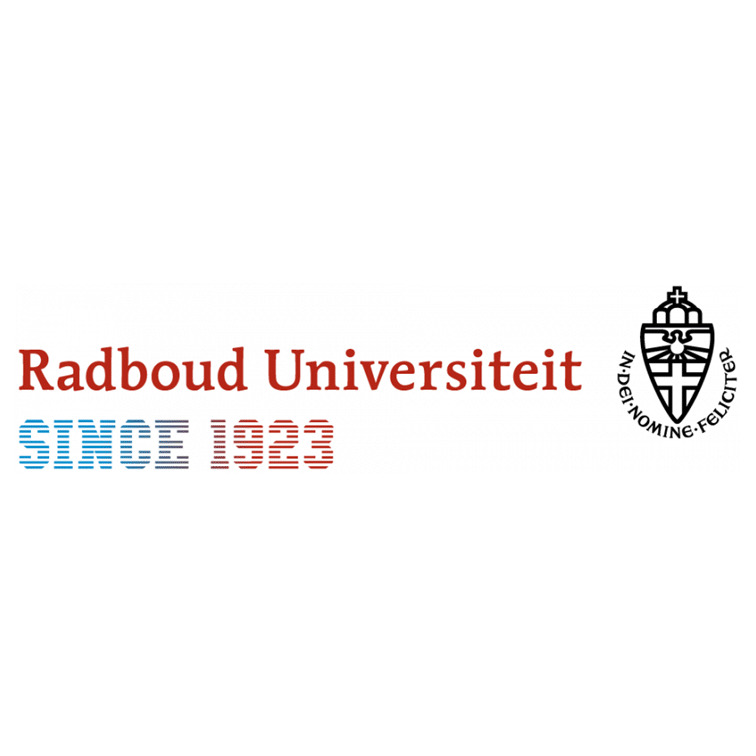
Title: Social Tipping points and living within just Earth system boundaries
Organized by: Future Earth | Earth Commission
Tipping points are conditions beyond which changes in social and biophysical systems become self-perpetuating, and may lead to abrupt, irreversible, and dangerous impacts with serious implications for humanity. In this semi-plenary we explore the topic of social tipping points, and the transformations that can lead us to a just and sustainable future. We convene an interdisciplinary group of Earth system scientists to draw on the Earth Commission concept of Earth system boundaries (ESBs) and discuss the transformations necessary to live within the ESBs, avoid tipping points, and perpetuate a safe and just future for people and the planet. With a focus on justice, we place literature on tipping points in conversation with just transformations, and the evolution of the planetary boundaries framework for a lively, insightful discussion on viable futures and how to get there. Topics will include transformative planetary justice in the Anthropocene, interspecies justice, and the need for social and physical scientists and policy-makers and other stakeholders to be in conversation for best possible outcomes.
There will be three speakers from the Earth Commission and colleagues representing social and physical sciences, and the global North and South. Following three presentations, panelists from the ESG network will also be invited to discuss the advantages and shortcomings of our arguments.
Plenary panelists:
- Joyeeta Gupta, Professor of environment and development in the global south, University of Amsterdam and IHE Delft Institute for Water Education. Co-chair of the Earth Commission and Spinoza Prize winner
- Tim Lenton, Professor and Founder of Global Systems Institute, University of Exeter, and member of the Earth Commission
- Manjana Milkoreit, PhD, Department of Sociology and Human Geography, University of Oslo
Discussants:
- Diana Liverman, Regents Professor in the University of Arizona, School of Geography, Development, and Environment University of Arizona, co-lead of Earth Commission’s Transformations Working Group
- Chukwumerije Okereke, Professor of Global Climate and Environmental Governance and Director of Center for Climate and Development at Alex Ekwueme Federal University, Nigeria. Member of Earth Commission’s Transformations Working Group
- Jane Madgwick, Executive Director, Global Commons Alliance
Moderator:
- Lisa Jacobson, Program Manager Earth Commission, Future Earth Global Hub Sweden
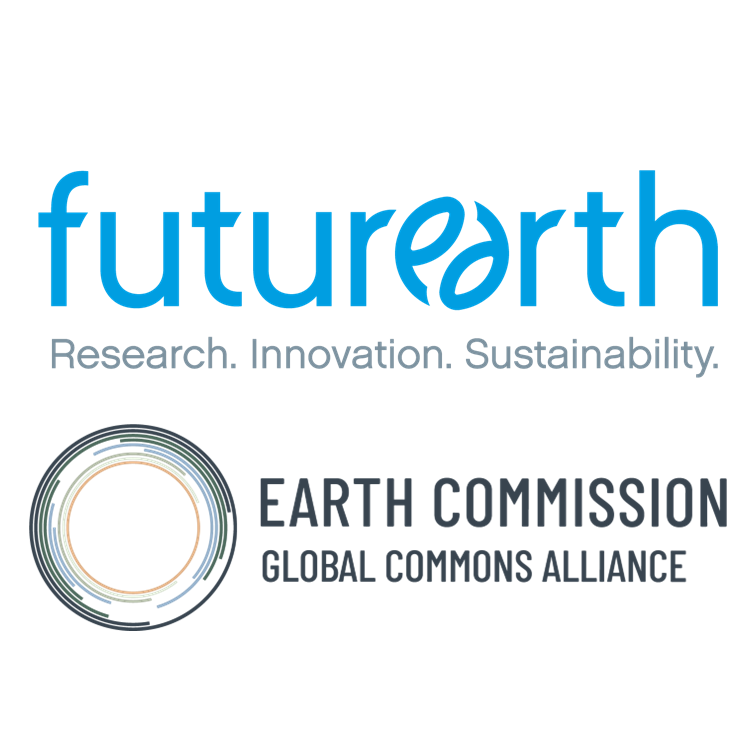
26 October 2023
Title: Integrating Planetary Health within Earth System Governance
Organized by: Dahdaleh Institute for Global Health Research – York University
This semi-plenary session is an essential component of the 2023 Radboud Conference on Earth System Governance. The panel is organized by the conference’s institutional co-host Dahdaleh Institute for Global Health Research, York University. The panel will be an interdisciplinary forum to delve into the interlinkages between climate, nature and human health to explore integrated governance that is effective and equitable. The concept of planetary health recognizes the inextricable interdependency between human, animal, and environmental health and the Earth’s natural systems. In the face of compounding global challenges, such as climate change, biodiversity loss, pollution, and emerging infectious diseases, it is imperative to develop methodologies to measure and respond to cascading risks in the backdrop of context-specific complex interdependencies between the environment, human health, and social systems. Presentations will showcase the latest perspectives on key themes linking climate, nature, and human health, and ecosystem services, including assessment of cascading risks, nature-based solutions and ecosystem-based adaptation, disaster preparedness, whole-of-society and whole-of-government approaches, systems approach and policy advice.
The panel will be a forum for leading experts, scholars, and practitioners for knowledge-sharing, policy innovation, and collaboration across a range of topics on planetary health interlinkages encompassing assessment of risks and impacts of global crises, health and aging, impacts of climate and biodiversity crises, and global health. The panel will be a transdisciplinary exchange exploring governance and policy innovation, as well as critical perspectives on equity and justice.
Speakers:
- Sharon Friel, ARC Laureate Fellow and Professor of Health Equity, Director of Planetary Health Equity Hothouse and Menzies Centre for Health Governance, School of Regulation and Global Governance, Australian National University
- James Orbinski, Professor and Director of Dahdaleh Institute for Global Health Research, York University
- Ebru Canan Sokullu, Professor and Director of CIFAL Istanbul, Bahcesehir University
- Kathryn Bowen, Professor Environment, Climate & Global Health, Deputy Director of Melb Climate Futures, University of Melbourne.
- Idil Boran, Professor Applied Environmental Governance and Public Policy, Department of Philosophy; Faculty Fellow at Dahdaleh Institute for Global Health Research; Associate Director of CIFAL York, York University
Chair
- Ina Lehmann, Assistant Professor Governance of Global Biodiversity, Department of Environmental Policy Analysis at the Institute for Environmental Studies (IVM) Free University Amsterdam
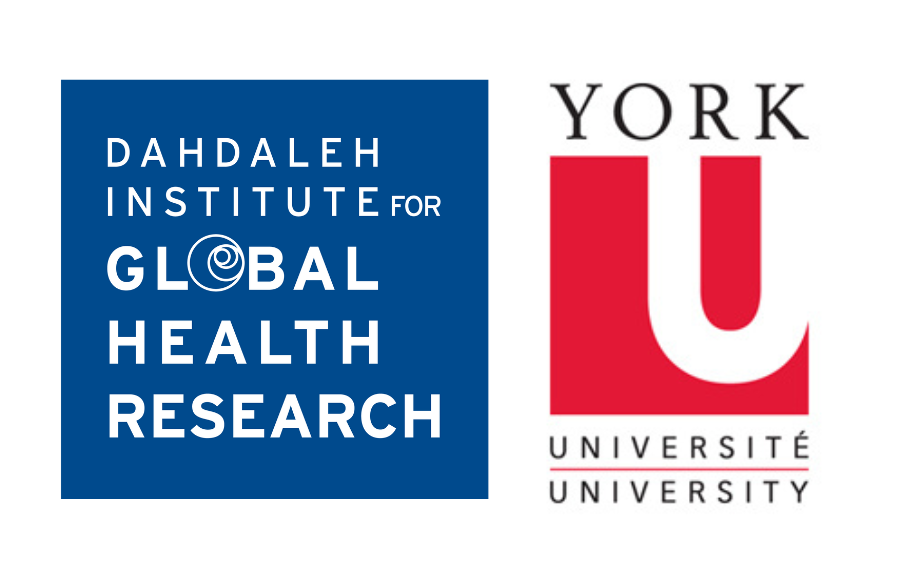
Title: Sustainable development post-2030: Whose development for what sustainability?
Organized by: PBL Netherlands Environmental Assessment Agency
Sustainable development discourse has emphasized the joint importance of environmental and development agendas at least since its original definition by the Brundtland Commission. Increasingly, the global narrative has come to see the two as intrinsically co-constitutive. This is also reflected in popular notions like just transitions and just transformative change, as well as in the Earth System Boundaries put forward by the Earth Commission. At the same time, and beyond all too positive-optimistic attitudes, these notions are also fraught with tensions. After all, they are multi-interpretable and highlight problematic relations of spatial and temporal injustice and inequity. What transforms, what makes it ‘just’, and whose development are we really talking about? Because of such questions, it is far from self-evident how research in and practice of earth system governance could advance sustainable development going forward. Now is also an especially opportune time to address these questions, as talks on a post-2030/post-SDG sustainable development agenda are beginning to start. For instance, an SDG Summit will be held in September 2023 during the UN General Assembly focused on accelerating action towards meeting the SDGs in 2030. This panel discussion seeks to open up a transdisciplinary dialogue to articulate what is at stake for a post-2030 sustainable development agenda, and to discuss how actors in science, policy and society can contribute.
Speakers:
- Joyeeta Gupta
Prof. Dr Joyeeta Gutpa is professor of environment and development in the global south at the Amsterdam Institute for Social Science Research of the University of Amsterdam and IHE Delft Institute for Water Education. She is also co-chair of the Earth Commission. In 2023 she was awarded the Spinoza Prize, the highest award in Dutch academia, for her work on how issues connected with the inequitable distribution of the effects of climate change can be resolved through good governance.
- Daniëlle Hirsch
Daniëlle Hirsch is director of Both ENDS, a Dutch NGO working on a sustainable, fair and inclusive world through collaborating with environmental justice groups in the majority world/Global South. She is also standing as a candidate in the Dutch parliamentary elections to be held 22 November.
- Sandra Pellegrom
Sandra Pellegrom is the Dutch National Coordinator for the SDGs. In this role she promotes national implementation of the SDGs in and by the Netherlands. She works closely with other ministries and organizations within the central government, as well as with the broad SDG movement in the Netherlands, including businesses, municipalities and provinces, NGOs, youth organizations, knowledge and educational institutions.
- Sebastien Treyer
Sébastien Treyer is Executive Director of IDDRI. He is also Chairman of the Scientific and Technical Committee of the French Global Environment Facility (FFEM) and member of the Lead Faculty of the Earth System Governance Network.
- Frank Biermann
Frank Biermann is professor of Global Sustainability Governance with the Copernicus Institute of Sustainable Development at Utrecht University, The Netherlands. He was the founder and first chair (2008-2018) of the Earth System Governance Project. In the ERC Advanced Grant ‘GlobalGoals’ project he led a team to investigate whether, to what extent, and why (not), the SDGs had any political effects so far, published as The Political Impact of the Sustainable Development Goals (Cambridge UP, 2022).
